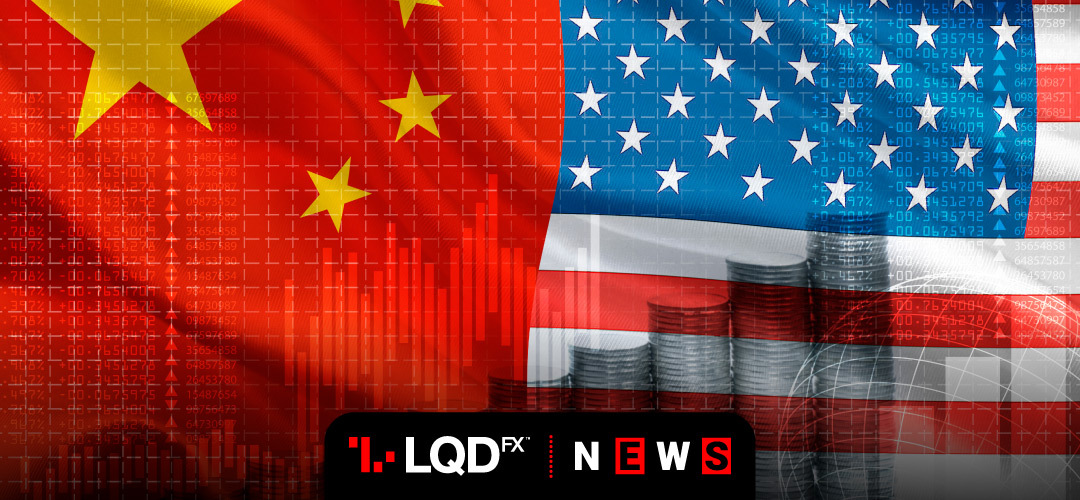A trade deal with China is still on track according to the U.S. President Trump who calmed down markets originally hit by comments about deal being “over”.
“The China Trade Deal is fully intact,” Trump tweeted late on Monday. Earlier, the White House trade adviser Peter Navarro commented that the deal with China is “over”, sparking confusion. Navarro linked the breakdown in part to Washington’s anger over Beijing’s not sounding the alarm earlier about the coronavirus outbreak.
The White House adviser later said that his comments were taken out of context. He added that the trade deal with China “continues in place”. However, the damage has already been done as comments stoked volatility in markets already frazzled by the coronavirus pandemic.
Analysts expect that President Trump will remain committed to the phase one trade deal in the run up to the election.
The WTO said on Tuesday that global merchandise trade fell by a record amount in the first months of the year. The World Trade Organization forecast that global trade in goods would fall by between 13% and 32% in 2020.
The British IHS Markit/CIPS flash composite (PMI) jumped to 47.6 in June from 30.0 in May. This was a record rise though its sub-50 level still represents a modest fall in output.
Japan’s factory activity remained stuck at an 11-year low in June. The PMI survey showed that overall output and new orders declined for the 18th straight month.
Latest economic data signalled that business activity in the EU was rebounding faster than expected from a coronavirus-driven slump. Further, upbeat business activity data from Europe boded well for U.S. surveys due later. Investors’ eyes will be on U.S. manufacturing and services sector PMI numbers, due 9:45 a.m. ET (1345 GMT).
START TRADINGForex – Trade deal with China is not over
The wild swings in currencies come as the market is also torn between hopes of economic re-opening and signs coronavirus infections are rising.
The safe-haven Japanese yen slipped 0.2% to 107.10 against the greenback, a six-day low as a result.
The Australian dollar rose to a one-week high, trading up 0.3%, after rising to 0.6935, highest since June 16. Before that, it had fallen as much as 0.7%.
The euro got a boost by French business activity rebounding more than expected returning to growth after three months. The common currency rose 0.3% to $1.1306, a one-week high.
Sterling edged towards three-month lows against the euro as better-than-expected PMI data did little to support the British currency. Sterling fell versus the euro, coming close to its three-month low of 90.715. At 1010 GMT it was at 90.625 pence per euro, down around 0.4% on the day.
Versus the dollar, the pound was at $1.2456 at 1010 GMT, down 0.1% on the day.
Oil prices rose on Tuesday in a volatile session after Donald Trump soothed investors’ nerves by reassuring that the trade deal with China is not over.
Brent crude rose 81 cents, or 1.88% having skidded to a session low of $42.21. U.S. oil was up 81 cents, or 1.99%, at $41.54 a barrel after touching a low of $39.76.
Spot gold was off 0.2% at $1,750.5 an ounce.
PLEASE NOTE The information above is not investment advice.
Sources: Reuters, Investing, CNN money
